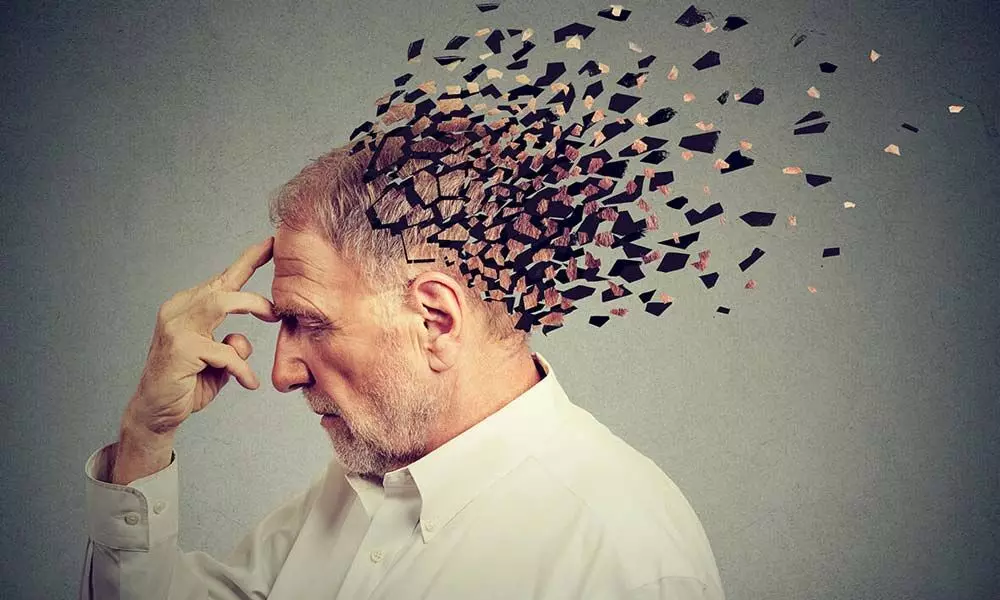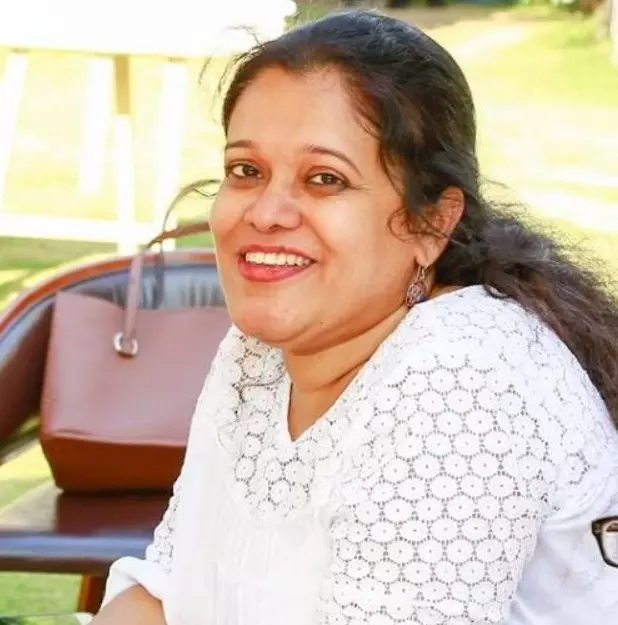Let's talk about dementia

Let’s talk about dementia
Since 2012, the Alzheimer’s society has chosen the month of September to spread awareness and address the stigma on a global scale, with 21st September being the World Alzheimer day
Since 2012, the Alzheimer's society has chosen the month of September to spread awareness and address the stigma on a global scale, with 21st September being the World Alzheimer day. The theme for 2020 is "Let's talk about Dementia", wherein, people suffering from the disease.
What is Alzheimer's dementia?
Alzheimer Dementia is a progressive degenerative disease of the brain wherein the brain starts shrinking, hampering the memory and other intellectual functions resulting in disability. Abnormal clearance of the amyloid and tau proteins starts destroying the brain cells.
What are the risk factors?
Usually people beyond 60 years suffer with the disease and there are no gender differences. Family history, hypertension, diabetes, obesity, brain stroke and depression may predispose to Alzheimer disease.
What are the common symptoms of Alzheimer dementia?
Forgetfulness is the commonest symptom usually noted by the family and friends. Misplacing things, losing way back home and committing errors in financial transactions may also be noted. Reduced social interaction may also be visible. The forgetfulness progresses steadily and in the terminal stages of the illness, they become mute and bedridden.
How important is the role of caregiver?
As people start forgetting, dependence on the caregiver steadily increasing. They need constant supervision for the daily activities and social stigma associated with the disease makes it more difficult for the caregiver. It's an emotionally exhausting task and may start burning out. Counseling sessions for the caregivers and seeking help of the support groups helps easing the burden.
What are the preventive measures?
'Prevention is better than cure.' Staying active mentally, physically and socially in the later years of life helps brain plasticity and makes it immune to dementia. Thus, avoiding premature retirement, pursuing your hobbies, reading books, learning new languages and staying connected with friends and are strongly recommended. Also taking good care of your diabetes, blood pressure and cholesterol prevents you from heart attacks and brain stroke making you immune to dementia.
Is there a treatment?
Drugs help boost memory but are not curative, worldwide research is on for a cure
By Dr Abhinay M Huchche, MD DM (Neurology), SLG Hospitals











